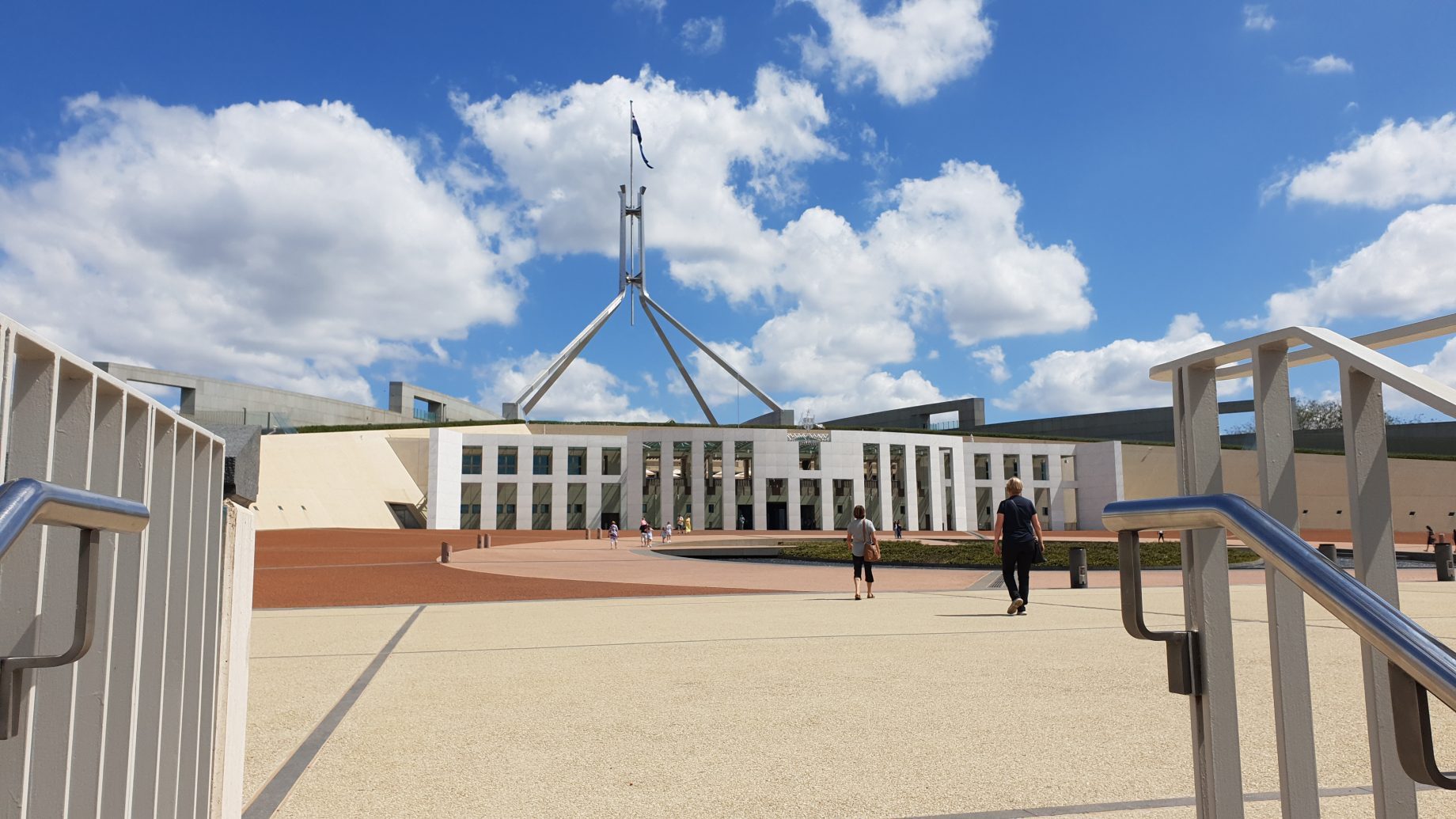When a change of the Australian Federal Government was declared in May 2022, it signalled more than a series of new faces sitting on the government benches. The ”experts” have already dissected the reasons why there was a change of government and I will leave the analysis to them. I will however reflect of why a government that had been in power for nine years lost the confidence of voters who voted for an opposition party plus a mix of minor parties and independents.
One senses there was a desire to move on and explore an alternative set of policies that presented a way forward to address the broader issues of climate change and federal integrity together with a number of local issues specific to their electorate.
“More of the same” wasn’t an option for the majority who voted for a change of government.
Maintaining a position of minimal change while hanging on to what is familiar can be attractive, for a while. Pressures to do something different will eventually begin to appear. Evidence that doing nothing may be detrimental will mount. Better ways of doing things will emerge that consign current practices to history. Eventually those wanting something better will outweigh those clutching to the way things have been.
In the case of the recent Federal election in Australia, the balance of opinion tipped towards taking a more proactive position regarding actions to minimise the impact of climate change. Public opinion was also seeking greater accountablity from its politicians through a well defined Integrity Commission with appropriate powers to keep politicians and public servants in check. Meaningful plans to address these matters were proposed by a mix of candidates who now have a far greater say in how the country will change to address them. We can only wish them all the best to fulfil the expectations they have set.
